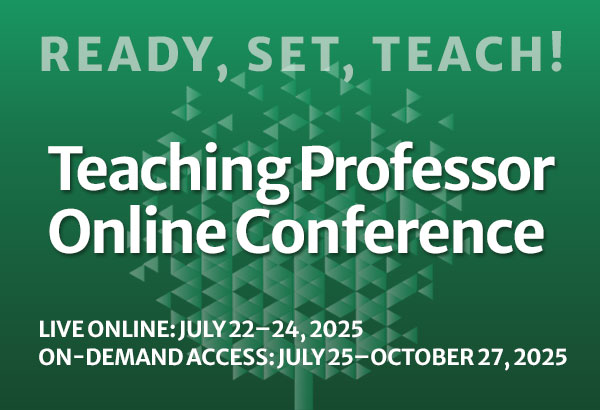
The Open Glossary Project: Student Creation of Culturally Relevant OER
I find that the terminology used in textbooks in my discipline of applied behavior analysis (ABA) tends to lack any cultural context or descriptors that might connect today’s student to the text in a meaningful way. Textbooks are written by academics and so represent an












